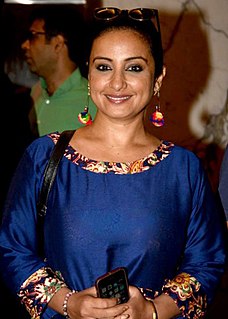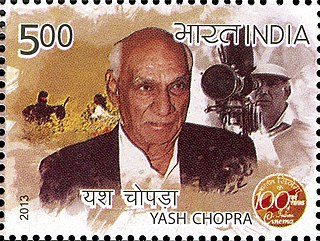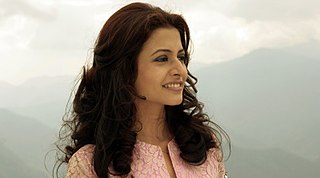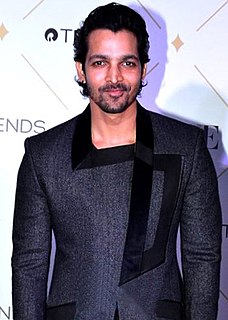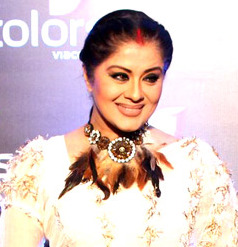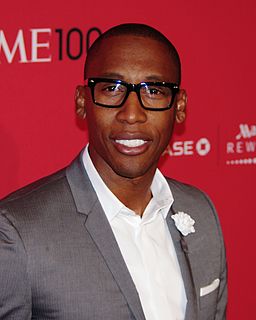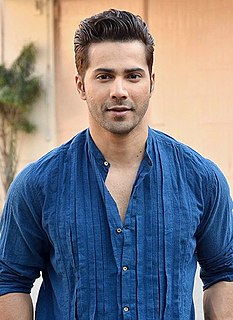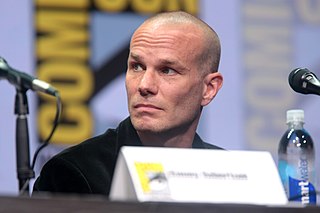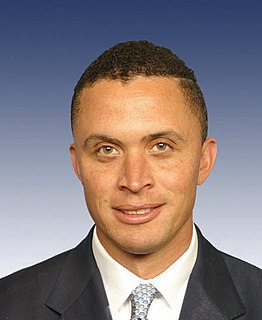A Quote by Divya Dutta
Veer Zaara' changed people's outlook towards me. It was my first so-called commercial film.
Related Quotes
Though "Veer-Zaara" is a film about cross-border love, there isn't a word of politics in it. Forget politics, there isn't slap, not even a raised voice in "Veer-Zaara"(2004). It's a very intense, humane and emotional story. "Veer-Zaara" (2004) is a humble tribute to my home in Punjab. It's my tribute to the one-ness of people on both sides of the border. Every religion preaches peace. Then why the bloodshed for the sake of religion? Why are we destroying each other?.
My films typically veer towards the darker side, and I enjoy turning things on the audience. I really enjoy working in genre because people come into the film with certain expectations, and they know the tropes so well that when you turn on those, it can be really shocking. There's a complaisance that comes with watching those films.
Jean-Luc Godard saw me in a commercial. He first asked me to play a little part in 'Breathless' of a girl who is taking her clothes off. I said, 'No, I don't want to take my clothes off.' But he called me again for 'Le Petit Soldat.' He said it was a political film, so I didn't have to take my clothes off at all.
For me, there's one film at a time, and my only benchmark is that my current film should be better than my last one, and I've made sure of that. If you Google the trailer of my first film - which I request you not to - you'll see the vast change in my approach towards my profession and the slow gain of maturity in performing.
I'm happy that my films were discovered by chance by foreign film festivals. That makes me realise more that there is a world outside Japan too. For me, it's an occasion to meet many people and to experience directly the response of international audiences to my films. But for me as a director, my attitude towards making films hasn't changed with the fame. I feel it's not good to change as a person anyway
There is something that might be called cinematic beauty. It can only be expressed in a film, and it must be present for that film to be a moving work. When it is very well expressed, one experiences a particularly deep emotion while watching that film. I believe that it is this quality that draws people to come and see a film, and that it is the hope of attaining this quality that inspires the filmmaker to make his film in the first place.
I often have said to people that there are really two cities in the country where the outlook is always forward-looking - there is never really a backward-looking tendency. My banking work has taken me out to Palo Alto, what is commonly called Silicon Valley. And you sense out there is always a forward-looking outlook. And New York City.
